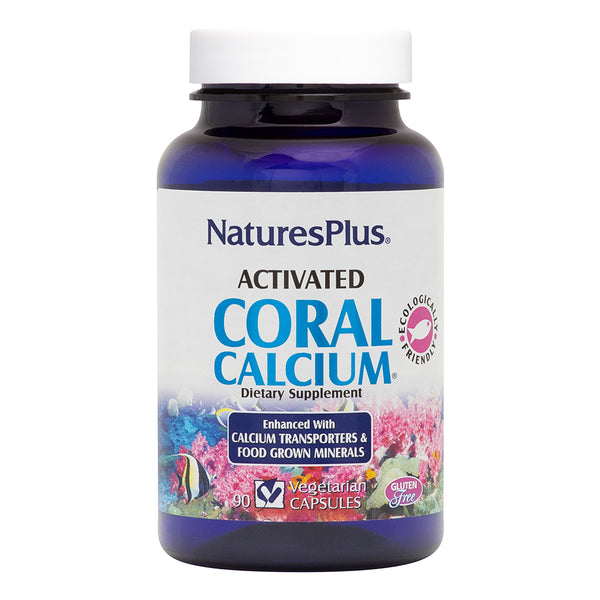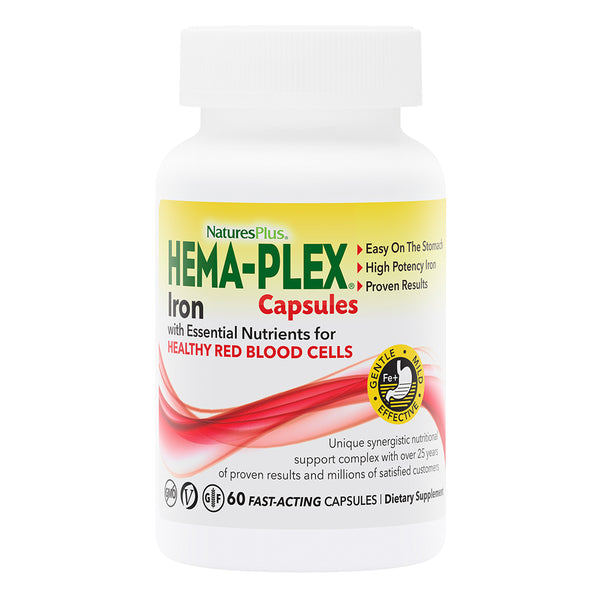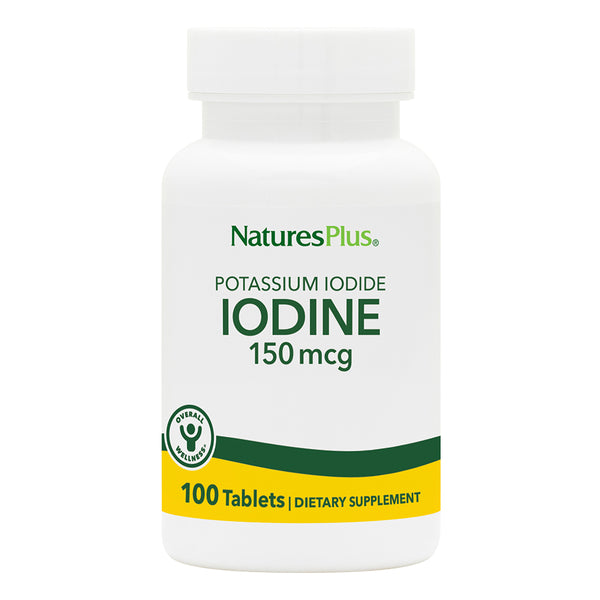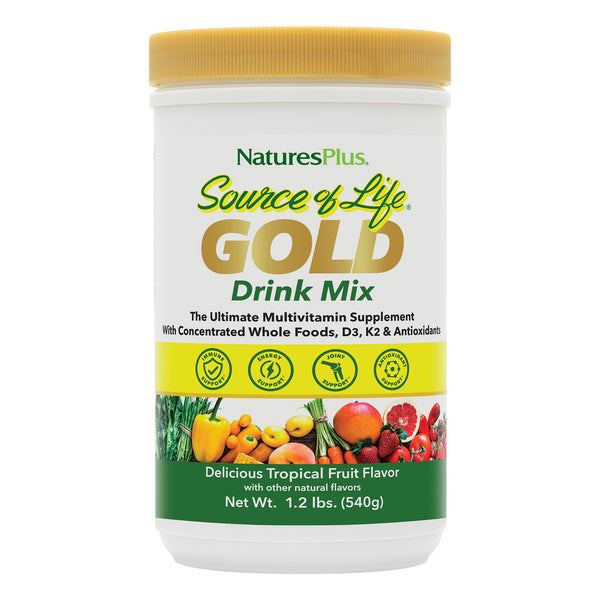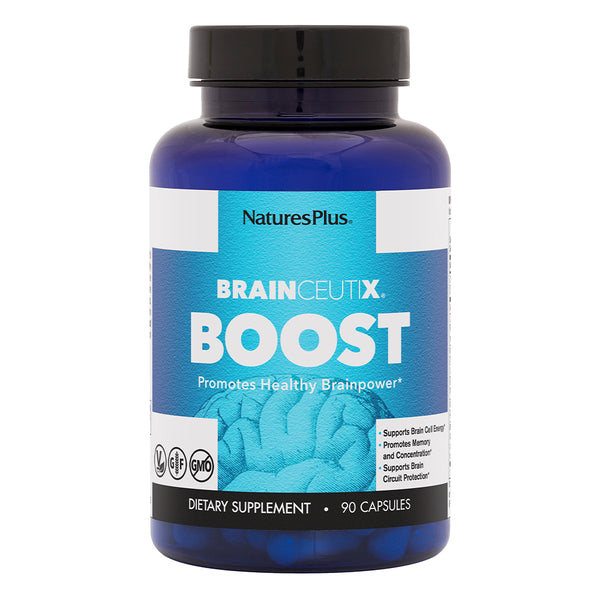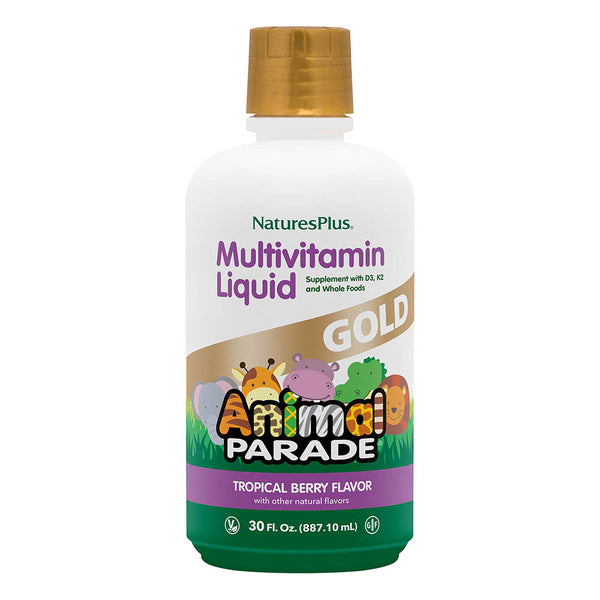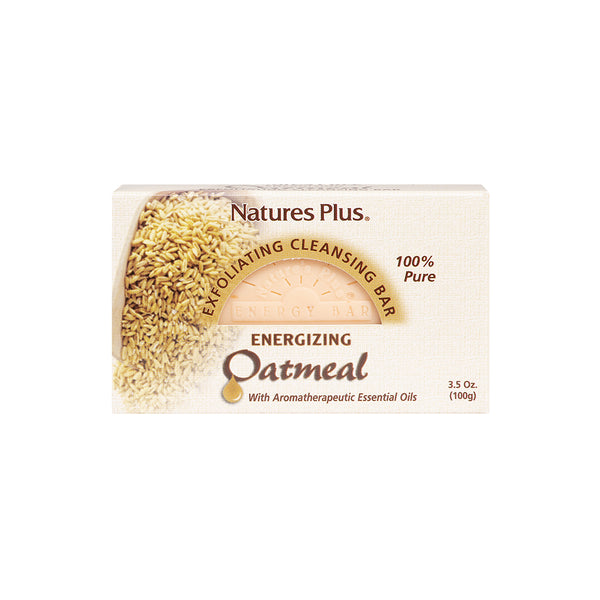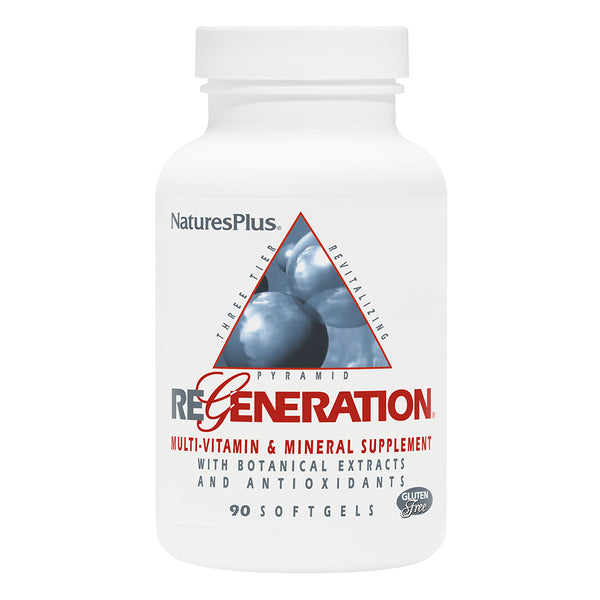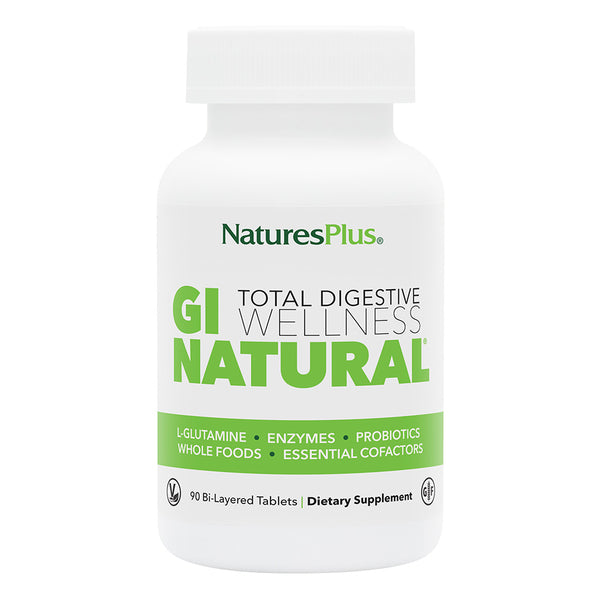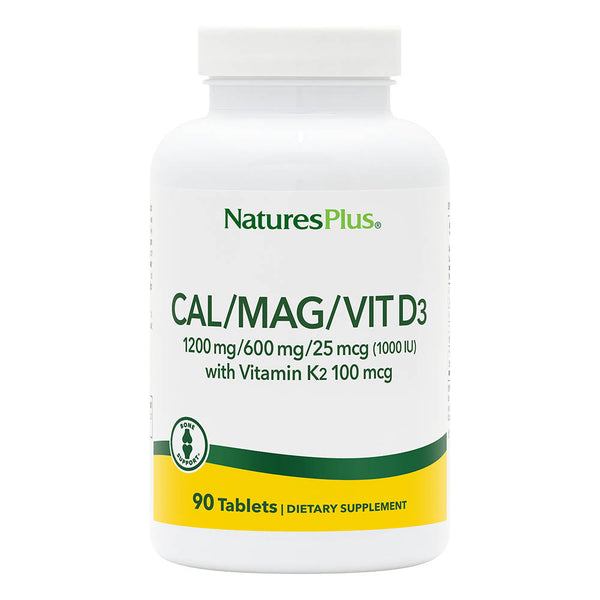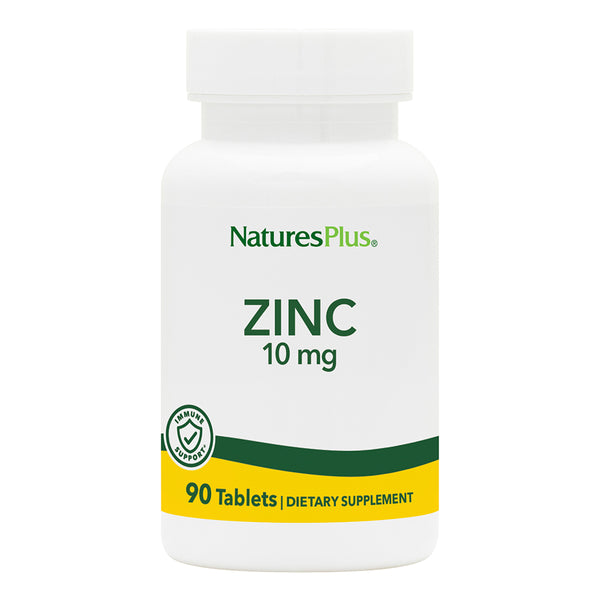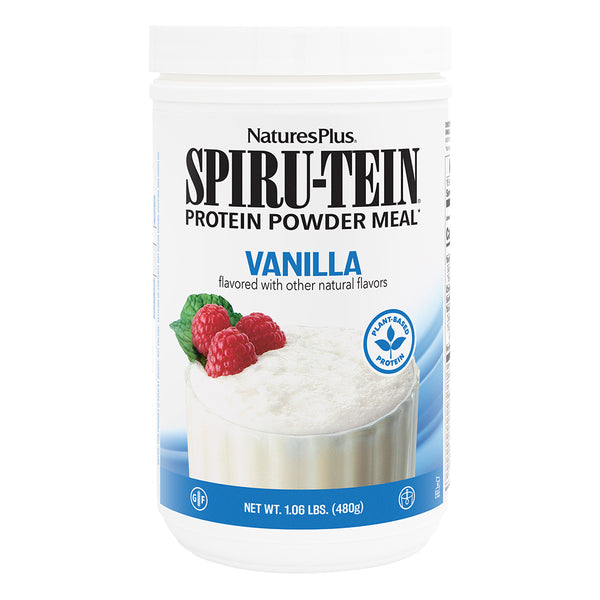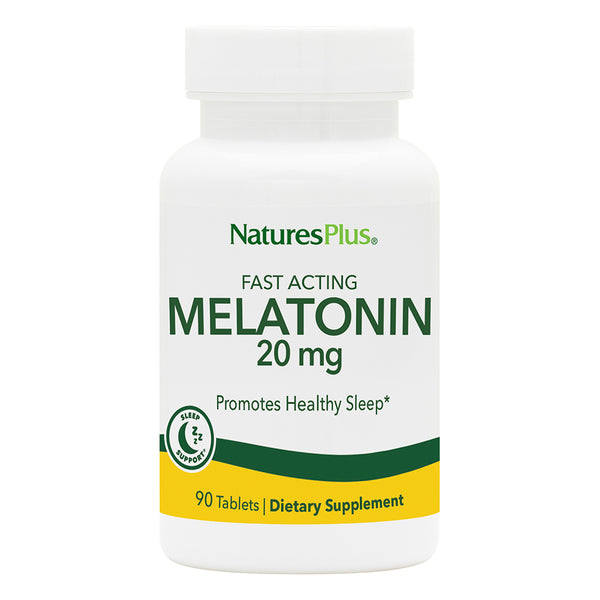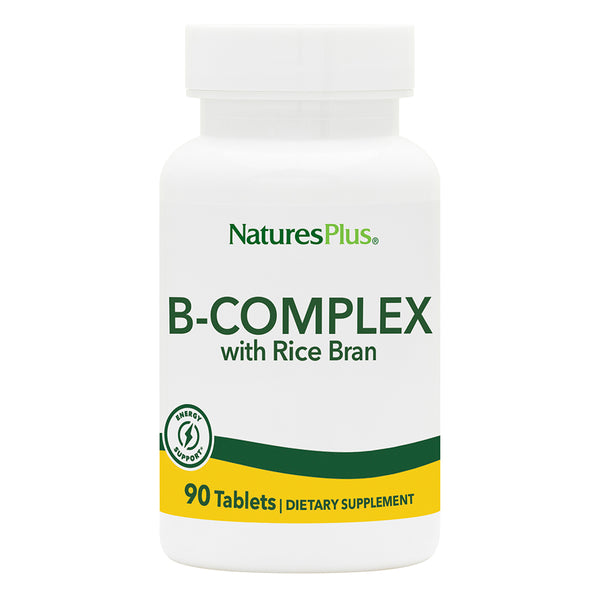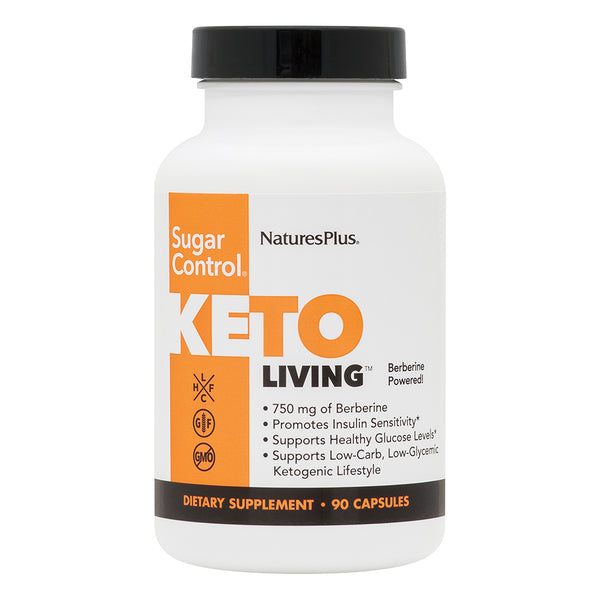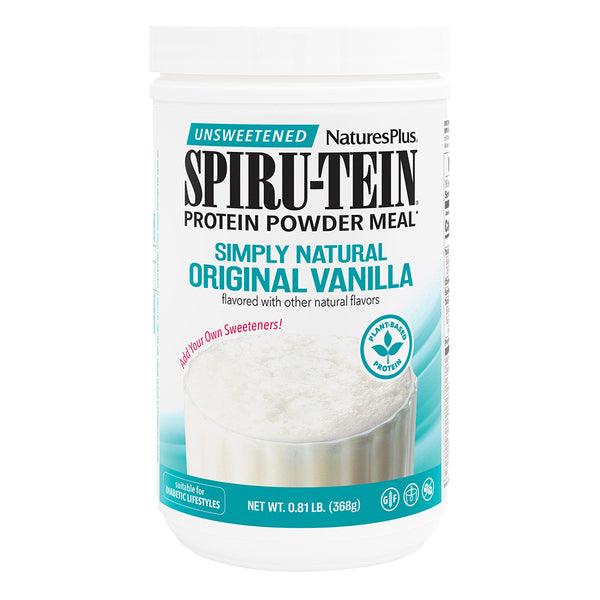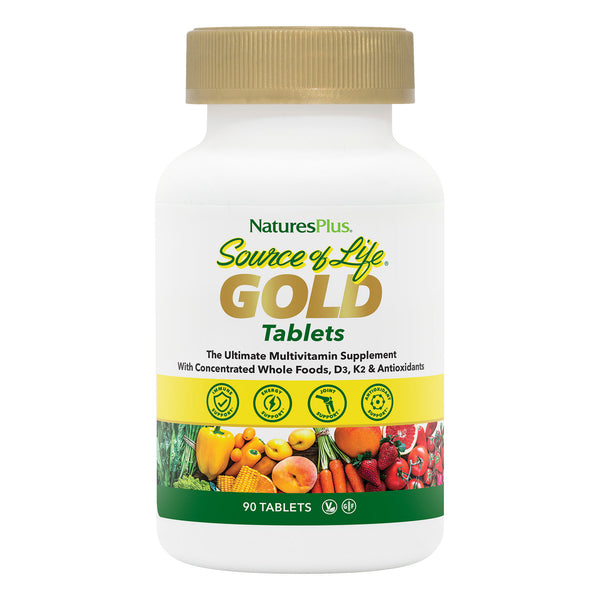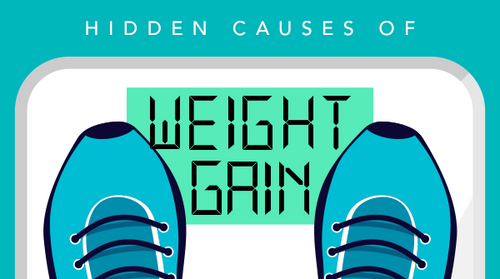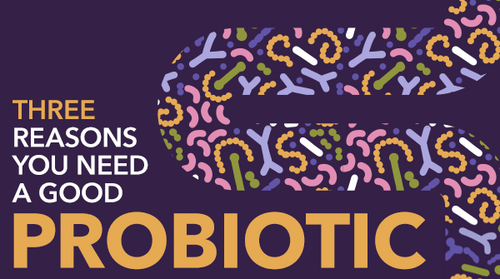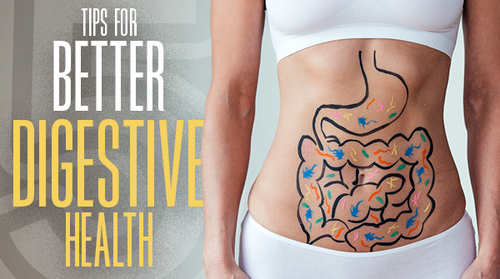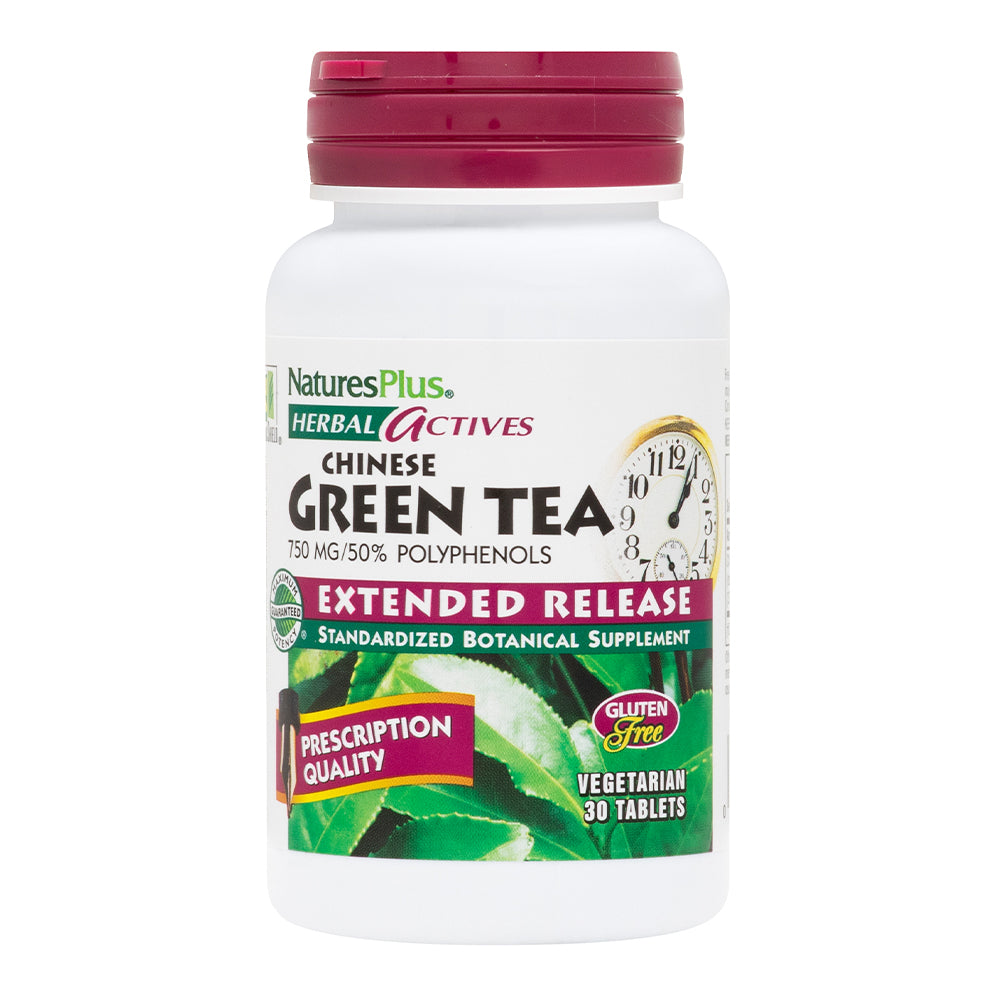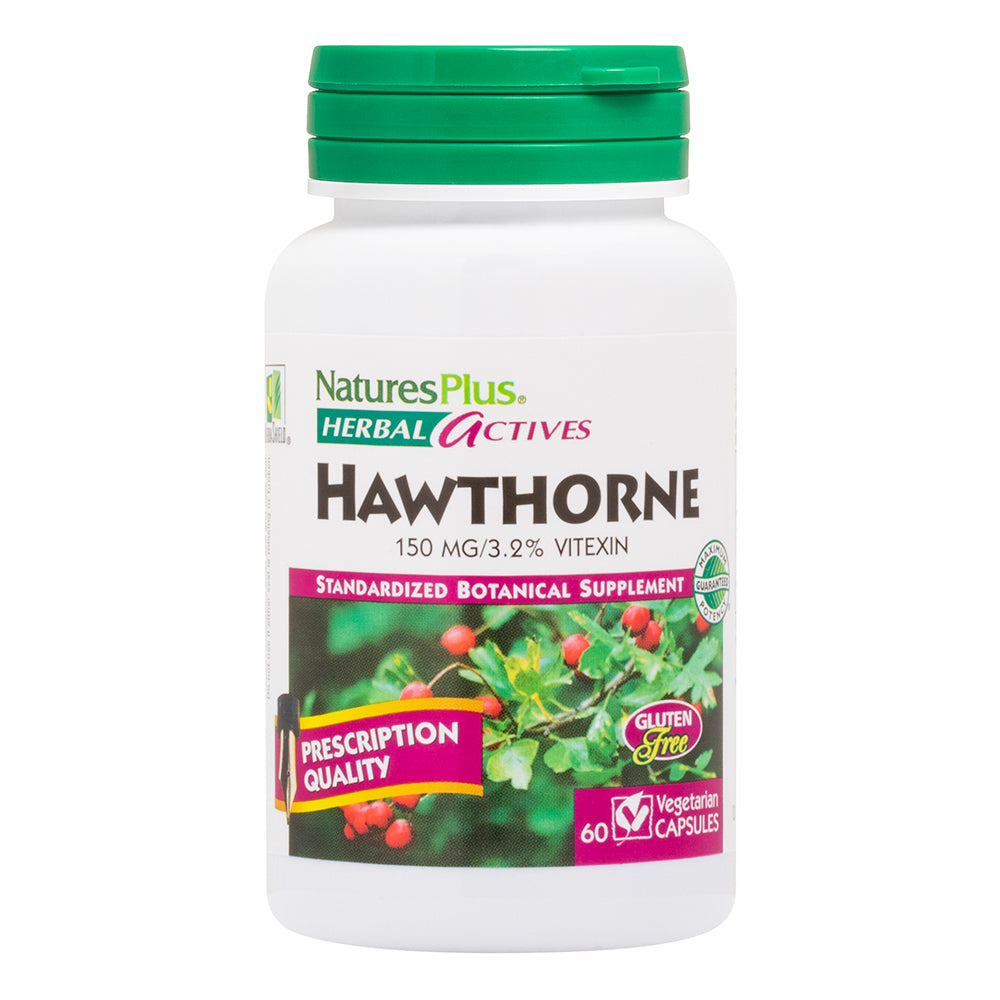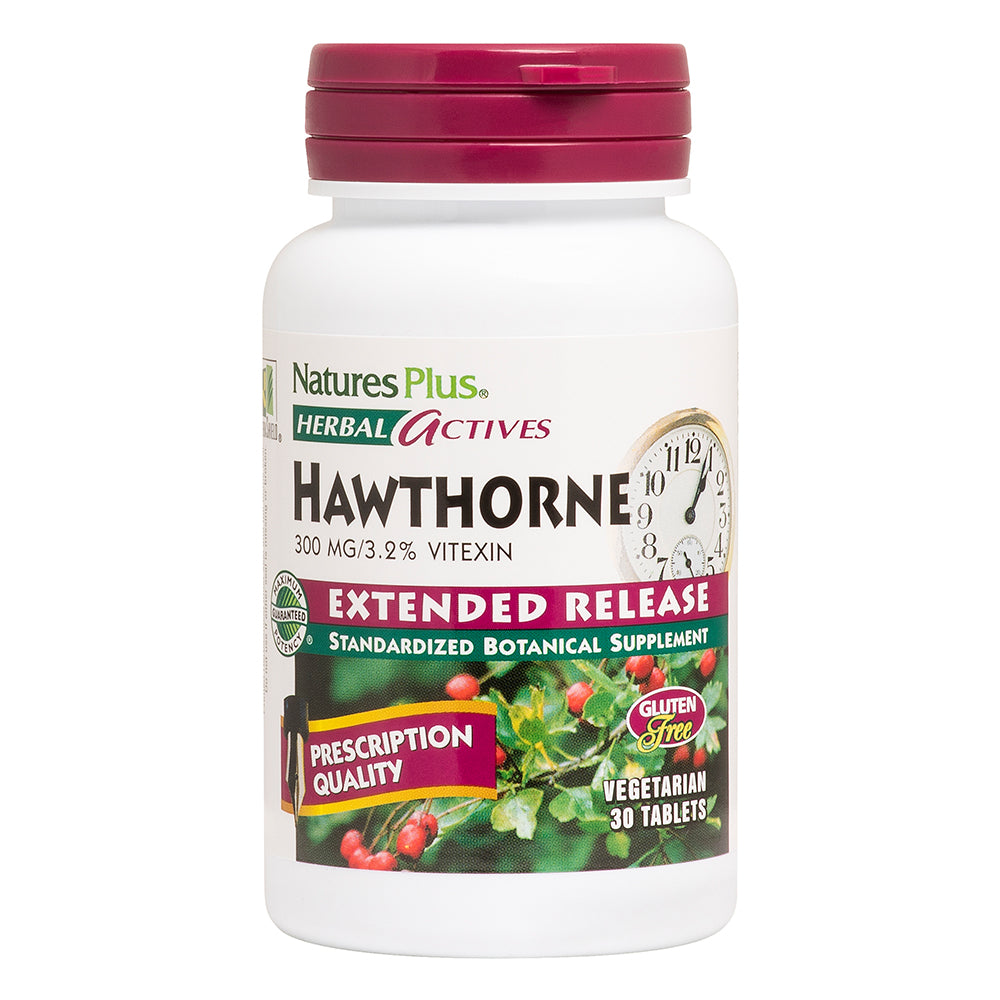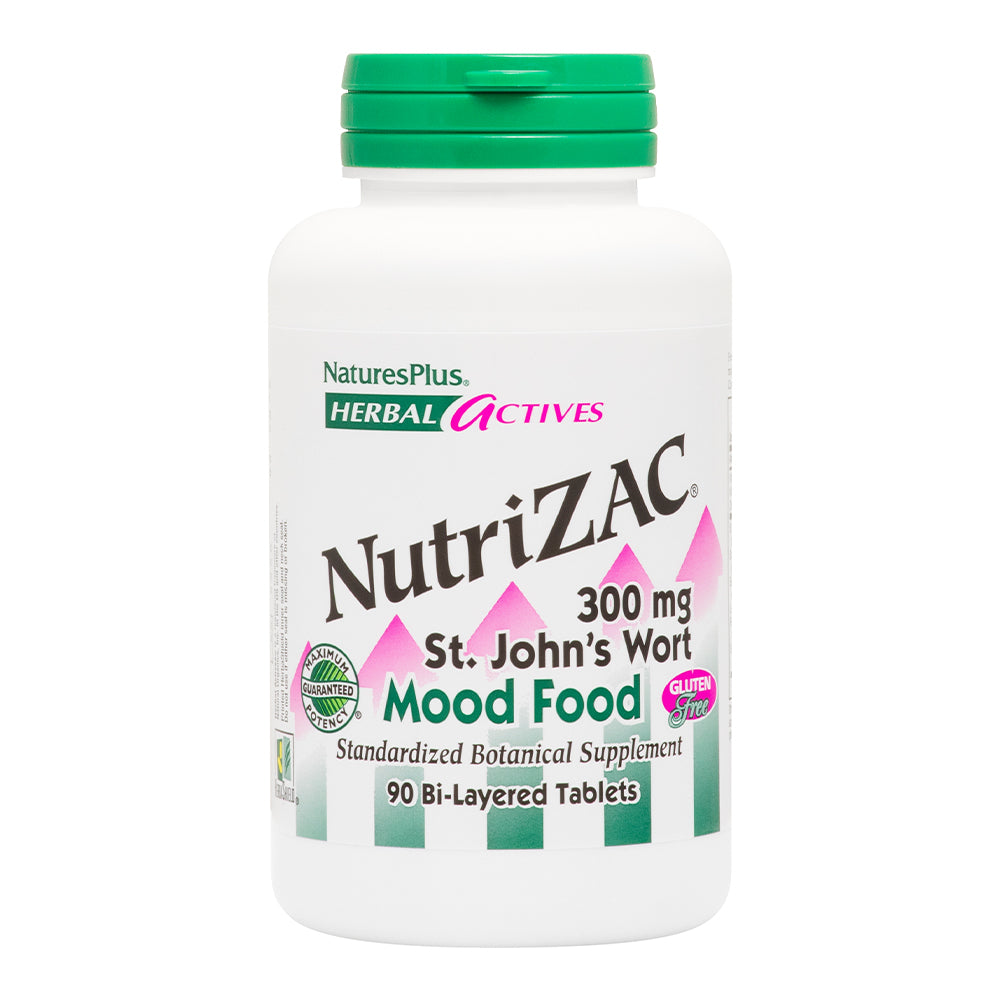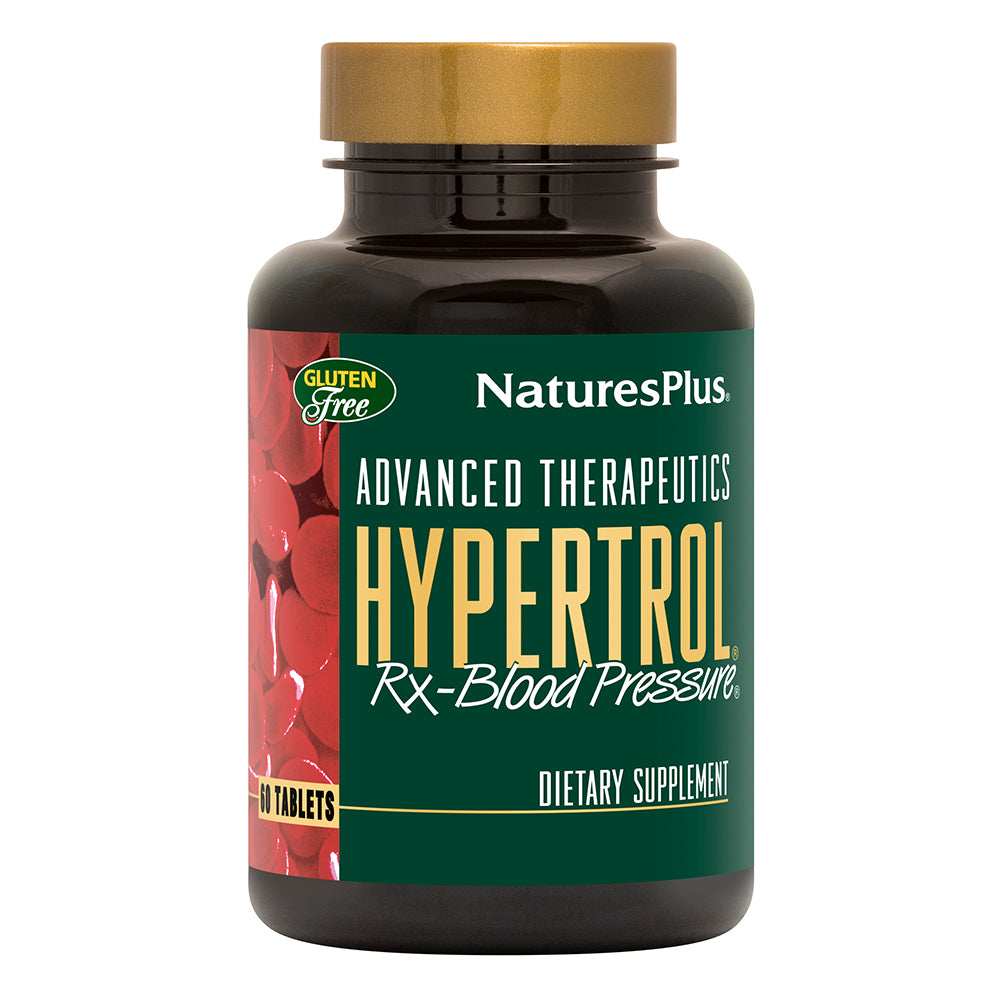What’s the greatest health challenge most women face?
It’s probably not what you think.
While many women are understandably concerned about breast health, only 56% of them realize that heart disease is actually their biggest concern, according to theCenters for Disease Control (CDC).
Among women 20 and older, “nearly 45% are living with some form of cardiovascular disease,” says the team atGo Red for Women, anAmerican Heart Association (AHA) public health initiative.
One issue is that heart problems in women don’t always look the same as they do in men.
Onestudy team found “increasing evidence of differences” between the genders in terms of how cardiac issues develop, which may explain differences in treatment and other areas.
There are efforts, such as Go Red, to improve awareness of women’s heart health.
“It is important for cardiologists to support these public health campaigns,” says Massachusetts cardiologistAnne Riley, MD, who adds that cardiology training programs “have become smarter about teaching differences in symptoms between men and women.”
Gender Differences in Heart Health
Men’s and women’s hearts are not exactly alike.
According toColumbia Heart Surgery in New York City, “women’s hearts are two-thirds the size of men's and often have smaller arteries and faster heart rates.” And two of the heart’s four major valves are structurally different in women than in men.
Heart-Related Symptoms in Men and Women
These physical variations may account one of the biggest disparities between the genders when it comes to heart health: The symptoms each tends to experience are often quite different.
Men often have what people think of as the classic signs of a heart attack, which include squeezing chest pain or pressure and pain in the jaw or back, along with nausea and shortness of breath.
On the other hand, women may experience symptoms such as:
- Abdominal or stomach pain
- Anxious feelings
- Clammy sweating
- Extreme fatigue
- Fainting
- Heart flutters
- Indigestion
These symptoms patterns represent tendencies; women can experience male heart symptoms and vice versa. However, “some women mistakenly think only crushing chest pain is a symptom of a heart attack and, therefore, delay seeking medical care,” says the patient advocacy organizationWomenHeart.
What’s more, the group says that least partially as a result of these differences in symptom patterns, some researchers have found that “healthcare providers have failed to recognize women’s heart attack symptoms by attributing the cause of symptoms to other health problems, such as indigestion.”
Doctors may also assume that a woman’s heart risk is lower than it actually is.
Inone study, only 40% of the women surveyed said their heart health was assessed in annual physicals. Of the 74% of women who had at least one heart disease risk factor (such as high blood pressure), only 16% were told that they were at risk.
In addition,another research group found that at-risk women were more likely to be given lifestyle advice—eat better, exercise, lose weight—while men were more likely to be actively treated.
Blocked Arteries Versus Narrowed Ones
Another difference in heart disease between men and women may lie in what happens within the arteries.
Men often have arteries narrowed byplaque, deposits made of cholesterol and other substances. These arteries may become completely blocked by a blood clot, resulting in a heart attack or stroke.
According toScientific American, some researchers are now calling this process “‘male-pattern’ cardiovascular disease” because women’s hearts often behave differently.
Doctors have long been puzzled as to why many women with symptoms of blocked vessels, such as chest pain and shortness of breath, are found to have open arteries. They now believe that in women the fault often lies in the smaller blood vessels within the heart.
“The walls of these vessels are too thin to accumulate plaque, but they can become dysfunctional, failing to contract or dilate as needed,” saysScientific American.
Researchers aren’t entirely sure why this happens. Such usual suspects as smoking and blood pressure have been implicated; so have depression and autoimmune disease.
Pregnancy and Women’s Hearts
Problems during pregnancy may also raise a woman’s heart risk.
Go Red for Women says that up to 20% of women will experience a health issue during pregnancy. Among the most common aregestational diabetes, or blood sugar levels that rise to abnormal levels in women who never had diabetes before, andpreeclampsia, marked by extremely high blood pressure.
“Diabetes and hypertension during pregnancy as well as early delivery have been linked to increased cardiovascular disease risk years later,” says the AHA.
More Research Needed into Women’s Heart Health
One reason we don’t know as much as we should about how heart disease affects women is that most cardiac research has been done on men.
“Just about everything we know about heart disease in women has been learned since the early 1990s,” saysScientific American; that was when federally funded studies started requiring that women be included. “Before that, most medical research was conducted on guys: male patients, male rats, male mice, male monkeys, male cells.
“Like most gender gaps, this one is closing slowly.”
Ways to Protect Your Heart
Some risk factors for heart disease, such as age and family history, cannot be changed. However, a number of others, including diet and lifestyle, lie within your control.
Here are seven ways to protect your heart.
Don’t Wait to Call for Help
Because symptoms in women may be less immediately alarming than those often experienced by men, women will often wait on having possibly heart-related discomfort checked out.
“Women’s heart health is sometimes at the bottom of their own priority list,” saysRiley. “I have seen many women over the years who spend so much of their time and energy being the caregivers for other family members that they push aside symptoms of heart disease.”
If you think you may be having a heart attack, call 911—immediately.
Know Your Family Medical History
Heart disease (along with such risk factors as hypertension) often runs in families. That makes knowing your family’s experience with cardiovascular problems a key part of your own heart-health game plan.
WomenHeartsuggests approaching older relatives with questions such as:
- Has anyone in the family ever had a heart attack or stroke? At what age?
- Is there a family history of high blood pressure or high cholesterol that you know of?
- Are there any relatives who have needed heart surgery or a pacemaker?
“Learning about your family history could help you prevent heart disease or find a diagnosis early on, which can be life-saving,” says WomenHeart.
Know Your Numbers
Knowing your family heart history is important, but so is knowing about your own risk factors.
Starting at about age 20, you should should ask your practitioner about tests for cardiac risk factors. What should your numbers look like?
- Blood pressure: less than 120/80
- Body mass index (BMI): 18.5 to 24.9
- Cholesterol, HDL (“good”): 60 and higher
- Cholesterol, LDL (“bad”): under 100
- Cholesterol, total: less than 200
- Glucose: 99 or lower (fasting)
- Triglyceride: under 150
You and your healthcare provider can discuss whether or not you should aim for different targets based on your own health history.
If you are pregnant, you should also go for a gestational diabetes screening.
Deal with Depression
Depression can affect more than just your mental state—it can interfere with heart health, too.
According to a2020 Italian study, not only are cardiovascular difficulties more likely in people diagnosed with depression, this emotional disorder is “still under-recognized and under-treated, particularly in women.”
In fact, the study team suggests that depression in later life may be the first sign that something’s amiss with your blood vessels. If you find yourself subject to sadness and other signs of low mood, especially if you’ve never been depressed before, talk to your healthcare practitioner about a cardiac workup.
You should also seek ways to address depression itself, such as developing a regularyoga or other fitness routine (includingyoga for stress relief),meditation or finding ways to make yourselflaugh. Talk to your practitioner about other options as well.
Eat More Plants
Want to know the best way to improve your diet…and the state of your heart? Eat a more plant-based diet.
According to a2020 study led by Japan’s Osaka University, people who ate the Mediterranean way—which features fresh produce along with whole grains, legumes, olive oil and fish—enjoyed a reduced mortality risk from any cause, including cardiovascular disease.
Need an afternoon snack? Stick to such healthy options as a handful of walnuts or almonds, an apple or two, or berries such as strawberries and blueberries.
Another advantage of a plant-based diet is that it makes losing weight easier. And while any weight loss is good, youreally want to drop the extra pounds around your middle, which are more harmful to the heart than weight carried elsewhere; try to keep your waist below 35 inches.
Exercise Regularly
Another way to reduce your risk of both heart disease and obesity is to stay physically active. Mount Sinai recommends 30 minutes a day of brisk walking along with two weekly sessions of strength training. And if you sit a lot during the day, be sure to get up at least once an hour for several minutes.
In addition, exercise helps to both promote sounder sleep and keep stress at bay, two key ways to keep your heart healthy.
“Poor sleep has been linked to high blood pressure, can make it difficult to lose weight and may make you less likely to want to exercise,” says the AHA. (You can learn more about the connection between sleep and heart healthhere.)
Avoid Tobacco and Alcohol
It shouldn’t surprise anyone to learn that as bad as smoking is for your lungs, it doesn’t do your cardiovascular system any favors, either.
Tobacco use has been linked to arterial blockages and the development of weak spots in artery walls. What’s more, vapingis showing itself to also undermine arterial health. Little wonder that public health authorities urge women to quit, or not start, either habit.
Alcohol is another substance that has been linked to heart woes in addition to other health concerns. The basic message: Don’t start drinking if you don’t currently or limit yourself to one alcohol beverage a day including beer, wine and spirits.
Like this article? You’ll love our weekly newsletter
sign up here!
**These statements have not been evaluated by the Food and Drug Administration. This product is not intended to diagnose, treat, cure or prevent any disease.


